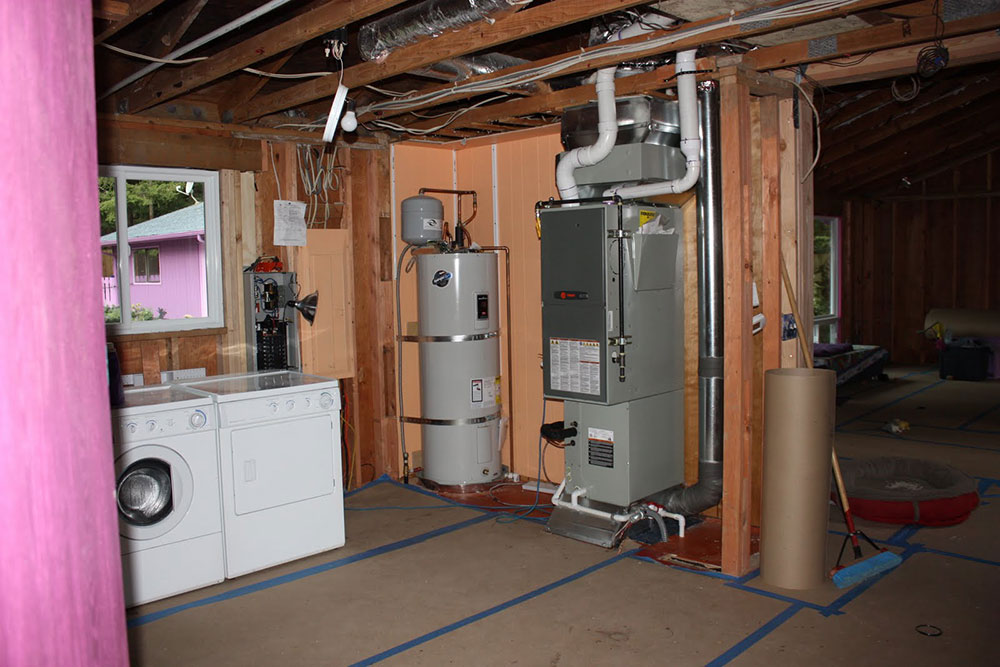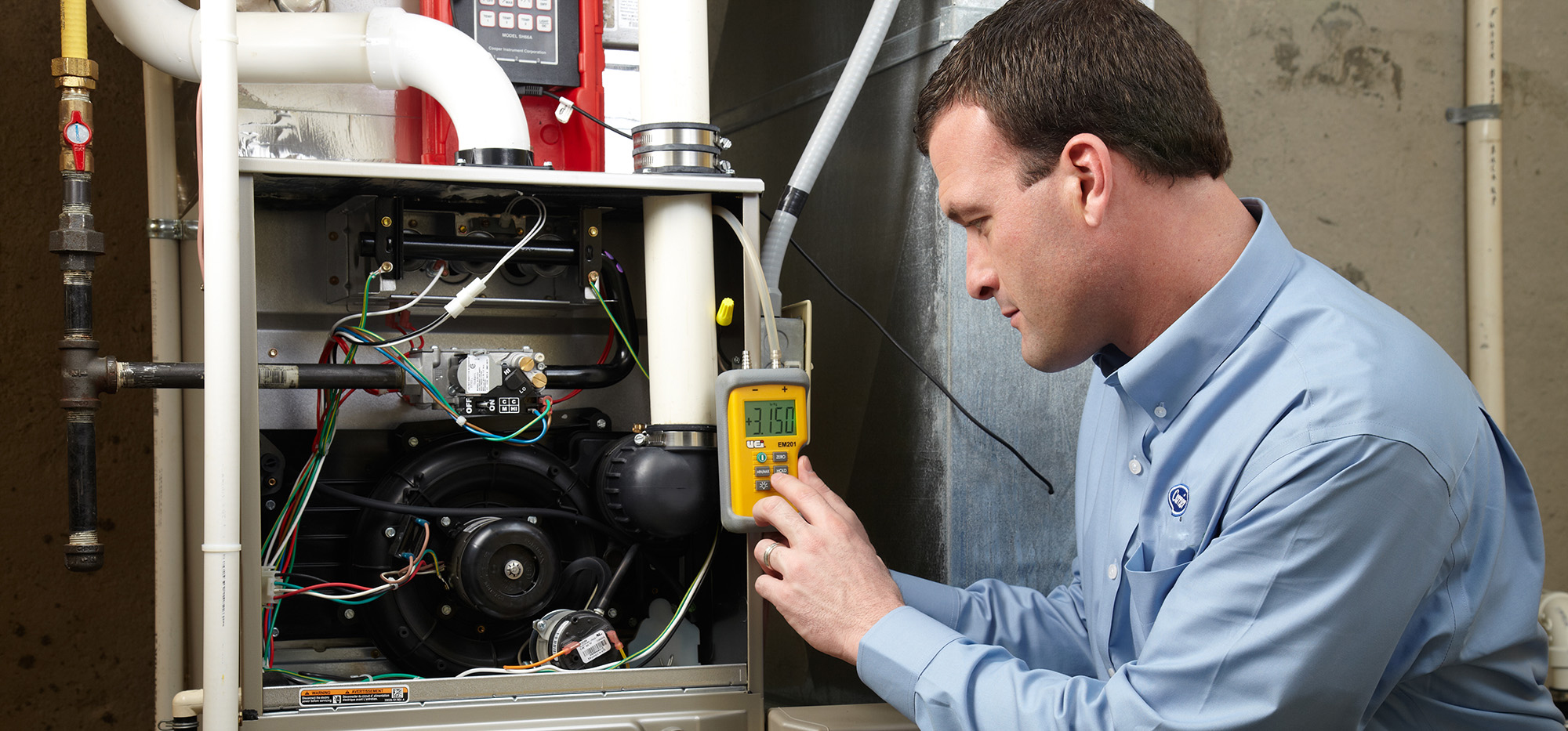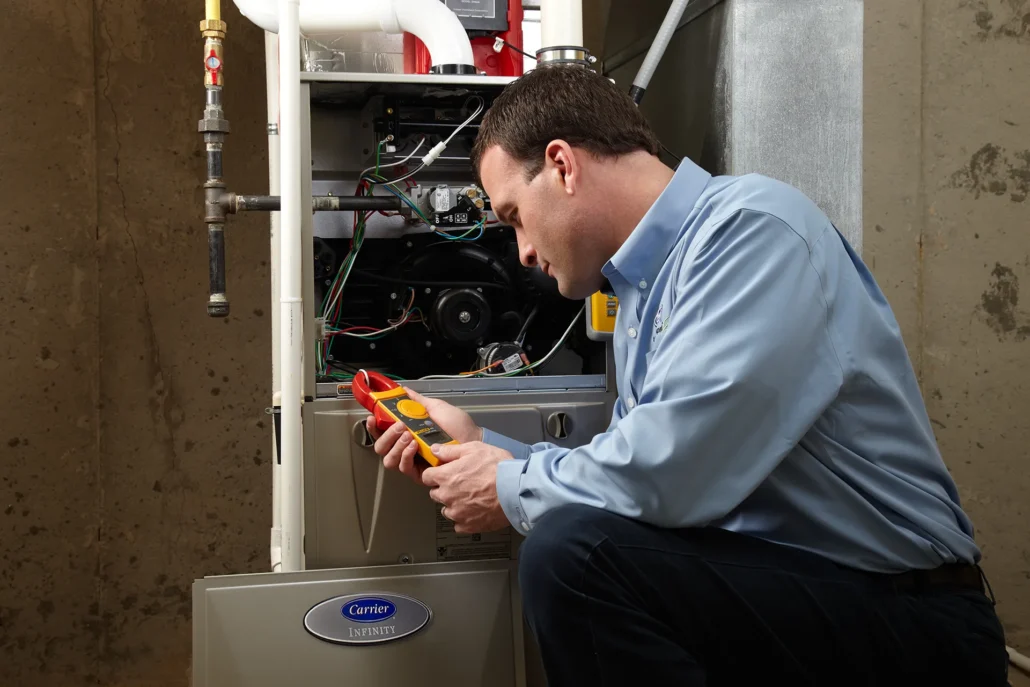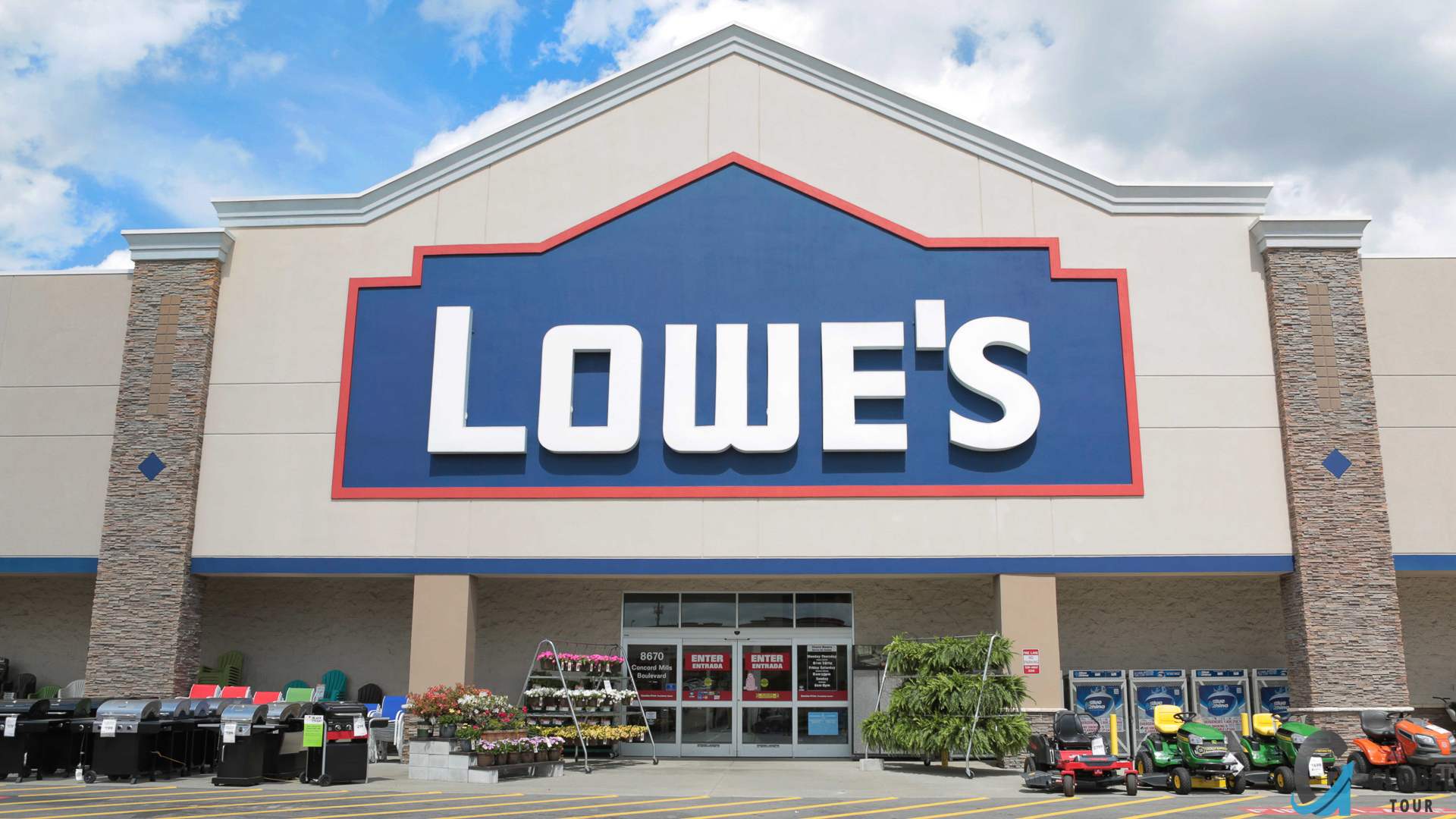Furnace Replacement can be a significant investment for homeowners, often leaving them wondering about the costs involved. Whether your furnace has aged beyond repair or you’re upgrading to a more energy-efficient model, understanding the factors that contribute to furnace replacement cost is essential. This article will break down the different elements that affect furnace replacement cost, provide an overview of average prices, and help you make an informed decision.
What Affects Furnace Replacement Costs?

Furnace replacement costs vary depending on several factors. Understanding these factors will help you assess the true cost of replacing your furnace and determine whether you’re getting the best deal. Some of the most significant factors include:
1. Type of Furnace
There are various types of furnaces, each with a different price range. The most common types are gas, electric, and oil furnaces. However, depending on your home’s needs, you may choose a different type altogether.
- Gas Furnaces: These are the most commonly used type in homes, with prices ranging from $2,000 to $6,000, including installation.
- Electric Furnaces: These tend to be cheaper, with installation costs between $1,500 and $3,000. However, they tend to be less efficient than gas furnaces.
- Oil Furnaces: While less common than gas or electric models, oil furnaces can be found in areas without access to natural gas. Their cost ranges from $3,000 to $7,000.
2. Furnace Size
The size of your furnace is another critical factor that affects replacement costs. A larger furnace is necessary for larger homes or those with multiple stories. The cost of the furnace generally increases with the size of the unit. A larger furnace requires more materials and labor to install, which raises the price.
- Smaller Homes: For homes with 1,000 to 1,500 square feet, the furnace typically costs between $2,500 and $4,000.
- Medium-Sized Homes: For homes with 2,000 to 2,500 square feet, the furnace replacement cost is usually between $4,000 and $6,000.
- Larger Homes: For homes with over 2,500 square feet, furnace costs can range from $6,000 to $8,000 or more.

3. Brand and Model
The brand and model of the furnace can also have a significant impact on the price. High-efficiency models or those from premium brands will cost more upfront but may save money in the long run through lower energy bills.
- Standard Efficiency: These furnaces generally cost less and have an annual fuel utilization efficiency (AFUE) rating of 80% to 85%.
- High-Efficiency: Models with AFUE ratings of 90% or higher are more expensive but will result in long-term savings.
- Premium Brands: Well-known brands like Trane, Carrier, and Lennox may come with a premium price tag due to their reputation for quality and reliability.
4. Installation Complexity
The complexity of the installation can also affect furnace replacement costs. If your new furnace requires extensive ductwork modifications, venting, or other changes to your home’s infrastructure, the installation price will increase. This is especially common when replacing a furnace in an older home that was not initially designed for modern heating systems.
- Simple Installations: For homes that only require a basic replacement, installation costs will be lower, typically ranging from $1,500 to $3,500.
- Complex Installations: If the job requires significant work on your home’s duct system, electrical, or venting systems, expect installation costs to rise to $4,000 or more.
5. Additional Features
Additional features such as programmable thermostats, zoning systems, or humidity controls can add to the furnace replacement cost. While these features may improve comfort and efficiency, they also increase the upfront cost of the system.
- Programmable Thermostats: These can add $100 to $300 to the cost of installation.
- Zoning Systems: These can cost an additional $2,000 to $4,000, depending on the size of the home and the number of zones.
- Air Purification Systems: Installing an air purification system can increase your overall costs by $500 to $2,000.
Average Furnace Replacement Costs
Understanding the general price ranges for furnace replacement can give you a better idea of what to expect. However, keep in mind that prices can vary based on the factors mentioned above. Here’s an average breakdown of furnace replacement costs for different types of furnaces:
| Furnace Type | Average Cost (Including Installation) |
| Gas Furnace | $2,500 to $6,000 |
| Electric Furnace | $1,500 to $3,000 |
| Oil Furnace | $3,000 to $7,000 |
| High-Efficiency Gas Furnace | $4,000 to $8,000 |
| Premium Brand Furnace | $5,000 to $10,000 |
While these costs represent an average range, it’s always best to get a quote from multiple contractors to ensure you’re getting a fair price for your furnace replacement.
Is Furnace Replacement Worth the Investment?
When faced with furnace replacement costs, many homeowners wonder if it’s worth investing in a new unit or simply repairing the existing one. The decision depends on several factors, including the age and condition of your current furnace, the repair costs, and your long-term energy savings goals.

When to Replace Your Furnace
A furnace generally lasts between 15 and 20 years. If your furnace is approaching the end of its life and requires frequent repairs, replacement might be the best option. Additionally, if your furnace is inefficient and leading to high energy bills, upgrading to a newer, more efficient model could pay off in the long run.
When to Repair Your Furnace
If your furnace is still relatively young (less than 10 years old) and the repair cost is minimal, repairing the unit may be a cost-effective option. Furnace repairs can cost anywhere from $150 to $1,000, depending on the issue. If the repair cost is less than half the price of a new furnace, it may be worthwhile to go ahead with the repair.
Financing Options for Furnace Replacement
Given the potentially high cost of furnace replacement, many homeowners consider financing options. Many HVAC companies offer financing plans that allow you to pay for your new furnace over time. The terms and conditions of these financing options can vary, but common plans include 0% interest for a set number of months or low-interest rates over a longer period.
Personal Loans
Another option for financing a furnace replacement is a personal loan. Personal loans generally offer fixed rates and terms, and they can be used for a variety of home improvement projects, including furnace replacement. While this option may have higher interest rates than financing directly through the HVAC company, it can be more flexible and provide access to larger loan amounts.
Credit Cards
If you have a credit card with a high enough limit, you might consider charging the cost of your furnace replacement to your card. While this option may come with higher interest rates, using a card that offers cash back or other rewards can provide additional benefits.
How to Save on Furnace Replacement Costs
While furnace replacement can be expensive, there are ways to save money on the overall cost:
1. Get Multiple Quotes
One of the best ways to save money is to get quotes from several HVAC contractors. This will give you an idea of the market price for your replacement and help you identify any outliers.
2. Take Advantage of Rebates and Tax Incentives
Many states and local governments offer rebates and tax credits for installing energy-efficient furnaces. Additionally, some utility companies offer incentives for replacing old furnaces with newer, more efficient models.
3. Schedule Installation During Off-Peak Seasons
Furnace replacement costs tend to be higher during peak heating season (fall and winter). If possible, schedule your replacement during the spring or summer when HVAC contractors are less busy and may offer discounts or lower prices.
4. Consider a Maintenance Plan
Investing in a maintenance plan can help extend the life of your new furnace and keep it running efficiently. Regular maintenance can also prevent major issues that might require costly repairs or replacements in the future.

Conclusion
Furnace replacement cost is a significant investment, but understanding the factors that influence the cost, the types of furnaces available, and the financing options available can help you make an informed decision. Whether you choose to repair your old furnace or replace it with a more efficient model, it’s essential to consider the long-term savings and comfort a new furnace can provide. With the right research and planning, you can navigate the furnace replacement process smoothly and confidently.




